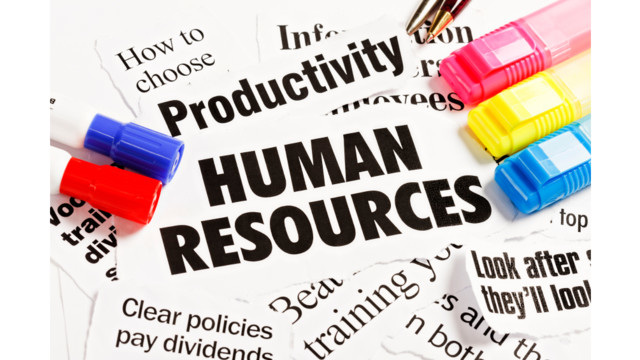Are human resources (HR) teams spending a disproportionate amount of time on administration? That is one of the finding in the 2024 State of Employee Financial Wellness Report from Payroll Integrations.
HR managers say they spend 12 hours on average, or more than one-fourth of their week, on payroll and benefit-related administrative tasks–with 27% of them spending 20 hours or more. This overload of administrative work is hindering HR teams from focusing on more strategic work like educating employees on company benefits, which 73% of employees say they need more of.
Payroll Integrations’ 2024 State of Employee Financial Wellness Report explores how employers’ HR priorities play a role in employees’ benefit education and engagement. The new research shines a light on how educated employees feel about their company’s benefits, and their participation and prioritization of benefits based on their education of them. The report also reveals generational differences in benefit participation.
“Many HR teams are dependent on the same manual tasks and processes that they’ve been using for decades–which means hours of unnecessary administrative work to onboard employees, manage payroll and benefits, make employer contributions, ensure adherence to regulations and more,” said Doug Sabella, CEO and Co-founder, Payroll Integrations. “This repetitive, time-consuming work not only puts a strain on HR teams, but impacts employees because there’s little time left for teams to spend on higher-level, more strategic HR tasks like educating employees on what benefits they have, why they’re important and how to maximize their value.”
The inaugural report is based on research conducted by market research firm Dynata, on behalf of Payroll Integrations.
Among the findings:
- Millennials feel the most educated on employee benefits. Thirty-one percent (31%) of Millennials (ages 27-42) say they feel completely educated on company benefits. Other generations all feel very similar in their education: 26% of Gen X + Y workers (ages 43-58) and 25% of Boomers (ages 59+) say they feel completely educated on benefits, and 24% of Gen Z workers (ages 18-26) say the same.
- Employees that feel educated on company benefits are more likely to participate in them. The biggest jump in participation between employees that feel educated on benefits and those that don’t are with Health Savings Accounts (HSAs) and Flexible Spending Accounts (FSAs), financial education and planning, lifestyle compensation and retirement. Lifestyle compensation sees the largest contrast with 15% of benefit-educated employees participating, compared to 3% of those who don’t feel educated. Employees that feel educated on company benefits are three times more likely to opt in for HSAs and FSAs (44%) and financial education and planning (24%) than those that don’t feel educated (15% and 8%, respectively). And 70% of benefit-educated employees participate in retirement, while only 52% of those who don’t feel educated participate.
- Gen Z employees participate the least in retirement benefits, but those that do contribute the most of all the generations. Only 36% of Gen Z workers (ages 18-26) are investing in their retirement plan–compared to 71% of Millennials (ages 27-42), 74% of Gen X + Y workers (ages 43-58) and 59% of Boomers (ages 59+). While Gen Z’s low participation in retirement is likely because these workers are early in their career and the least educated on company benefits, those that are investing are contributing more than any other generation. One half (50%) of Gen Z workers contribute 11% or more of their salary to their employer plan, compared to 37% of Millennials, 41% of Gen X + Y workers and 32% of Boomers. Gen Z workers typically have more disposable income than their colleagues across other generations, which allows them to contribute more.
- It’s taking employers a week or more to correct half of payroll and benefit mistakes. Because many HR teams are still dependent on manual payroll and benefit processes, they’re more prone to mistakes–and they’re taking longer to fix. Fifty percent (50%) of employees say when they have experienced a payroll or benefits mistake it’s taken over a week to correct. HR teams are taking steps to avoid these mistakes, however, with technology: 79% of teams say using technology in their processes helps to minimize errors from manual data input.
Payroll Integrations’ 2024 State of Employee Financial Wellness Report is based on responses from 250 full-time employees and HR leaders between the ages of 18 and 65. You can find the full report here.
Thanks for reading CPA Practice Advisor!
Subscribe Already registered? Log In
Need more information? Read the FAQs




